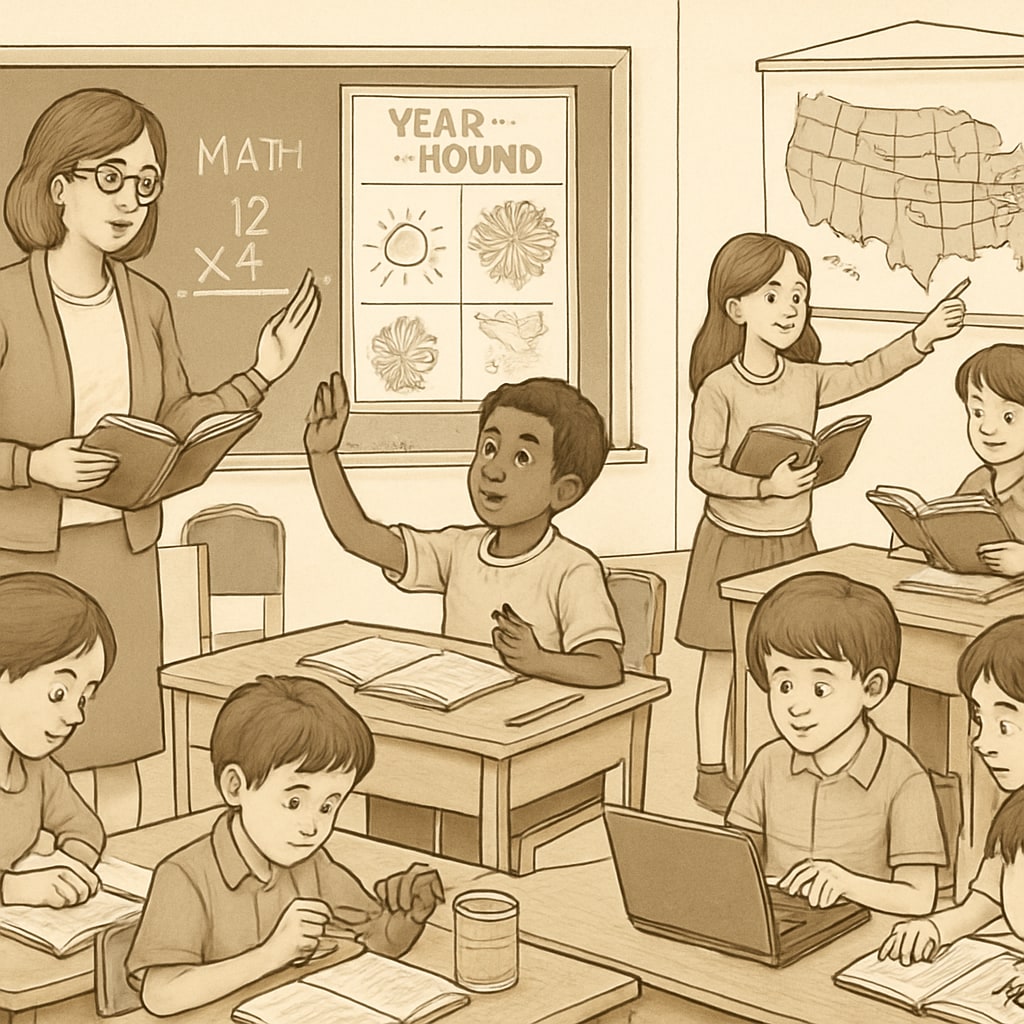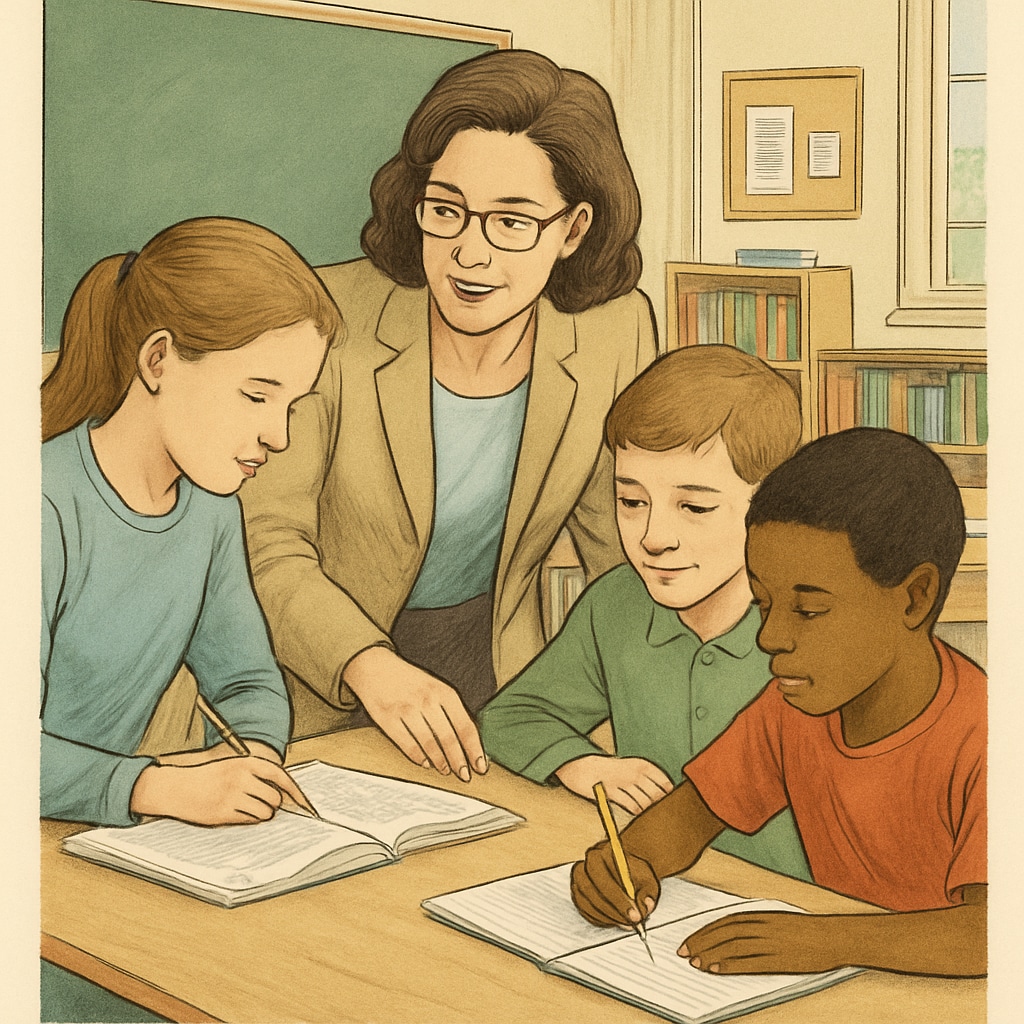Year-round education, knowledge retention, and learning continuity have become hot topics in educational reform. The traditional school calendar, with its long summer break, has been the norm for decades, but is it the best model for maximizing student learning? Research suggests that extended breaks can lead to significant learning loss, often referred to as the “summer slide.” This article explores the potential benefits of year-round education and proposes alternative models, such as “one week on, one week off,” to enhance knowledge retention and academic outcomes.
What Is Year-Round Education and Why Does It Matter?
Year-round education (YRE) is an alternative school calendar that distributes academic sessions more evenly throughout the year. Instead of a long summer break, students have shorter, more frequent breaks. This approach is designed to prevent the knowledge decay that often occurs during extended vacations. According to Britannica, proponents argue that YRE supports continuous learning, reduces the need for review sessions, and better aligns with modern family dynamics.
One significant advantage of YRE is its ability to combat the “summer slide.” A study by the National Summer Learning Association highlights that students can lose up to two months of math and reading skills over the summer. This setback disproportionately affects low-income students, who may have limited access to learning resources during the break. By adopting a year-round model, schools can minimize this gap and promote equity in education.

Alternative Models: One Week On, One Week Off
While year-round education typically involves shorter breaks every few months, some experts advocate for even more innovative schedules, such as “one week on, one week off.” This model offers several potential benefits:
- Improved Knowledge Retention: Frequent breaks allow students to recharge without forgetting material.
- Reduced Burnout: Shorter, regular intervals of rest can help maintain student and teacher engagement.
- Flexibility for Families: A consistent schedule may be easier for parents to plan around.
For instance, schools in some districts have experimented with modified calendars and reported positive outcomes. These models emphasize the importance of adapting education to meet the needs of diverse learners rather than adhering to outdated traditions.

Challenges and Considerations
Despite its potential, year-round education is not without challenges. Critics argue that it may disrupt family traditions or complicate childcare arrangements. Additionally, implementing a new calendar requires careful planning and community buy-in. Schools must consider logistical issues, such as transportation and facility maintenance, to ensure a smooth transition.
However, the long-term benefits of reducing learning loss and promoting equitable access to education cannot be ignored. Policymakers and educators must weigh these factors carefully to design systems that prioritize student success.
The Future of Education: Breaking the Mold
As the world evolves, so too must our education systems. Year-round education offers a compelling solution to the limitations of the traditional school calendar. By embracing innovative models like “one week on, one week off,” we can create a more effective, equitable, and engaging learning environment for students worldwide.
Ultimately, the goal is to prepare students for success in a rapidly changing world. Year-round education, with its emphasis on knowledge retention and learning continuity, is a step in the right direction.
Final Thoughts: While no single model will fit all schools, the conversation around year-round education is a crucial one. By rethinking how we structure learning, we have the opportunity to break free from outdated traditions and better serve the next generation of students.


